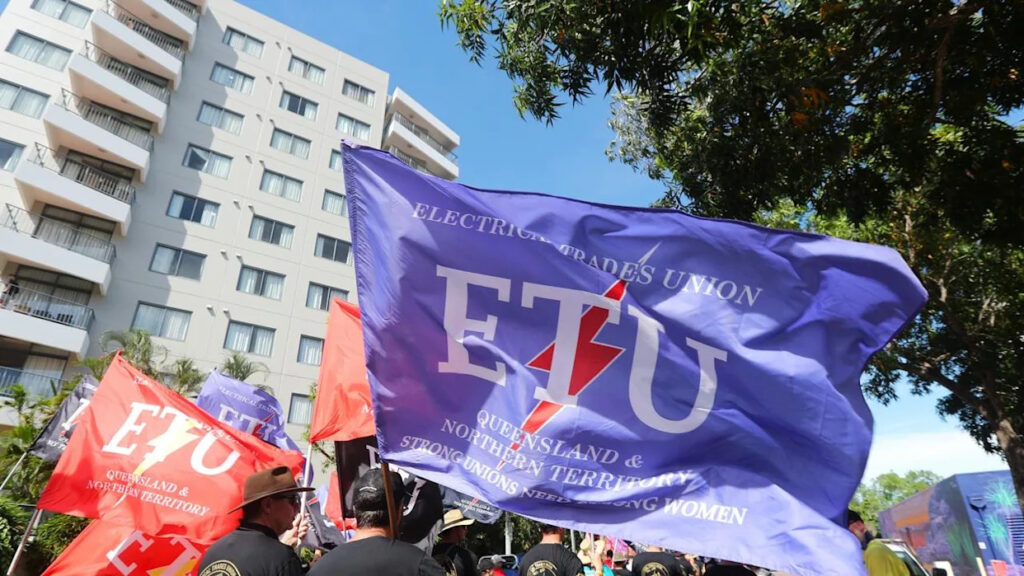
UPDATE: Lift technicians across New South Wales (NSW) are currently on strike, refusing to report for duty due to failed pay negotiations with multinational employer Schindler Lifts. This action, confirmed by the Electrical Trades Union (ETU), has entered its 10th day, causing significant disruptions to lift and escalator services throughout the state.
The strike action began after Schindler Lifts, a Swiss company known for manufacturing lifts and escalators, failed to provide fair pay and job security to its workers. In a statement, ETU NSW Secretary Allen Hicks condemned the company’s tactics, stating that Schindler is “putting corporate greed ahead of workers’ rights.” He emphasized that union members felt compelled to strike because of the company’s refusal to offer competitive wages that match those of interstate Schindler employees.
On Wednesday, technicians are expected to gather outside Schindler’s head office to mark this critical milestone in their fight for fair treatment. The ongoing strike is set to severely impact operations at offices, shopping centers, and various venues, as escalators and lifts remain inoperable. However, the union has assured that technicians will respond to life-threatening emergencies during this period.
The ETU has raised multiple grievances against Schindler Lifts, including the company’s refusal to commit to fair subcontractor practices and the troubling delay in reimbursing workers for job-related expenses. Hicks stated, “As a result of Schindler Lifts’ refusal to provide fair wages and conditions, ETU members have been forced to stop work indefinitely.”
This escalating conflict not only highlights the urgent need for fair labor practices but also underscores the human impact of corporate decisions. With technicians standing firm in their demands, the situation remains tense and fluid, leaving many in the community concerned about accessibility and safety.
As this situation develops, all eyes are on the negotiations between the ETU and Schindler Lifts. The outcome will likely have lasting implications for workers’ rights and corporate responsibility in the region. Stay tuned for further updates as this story unfolds.





